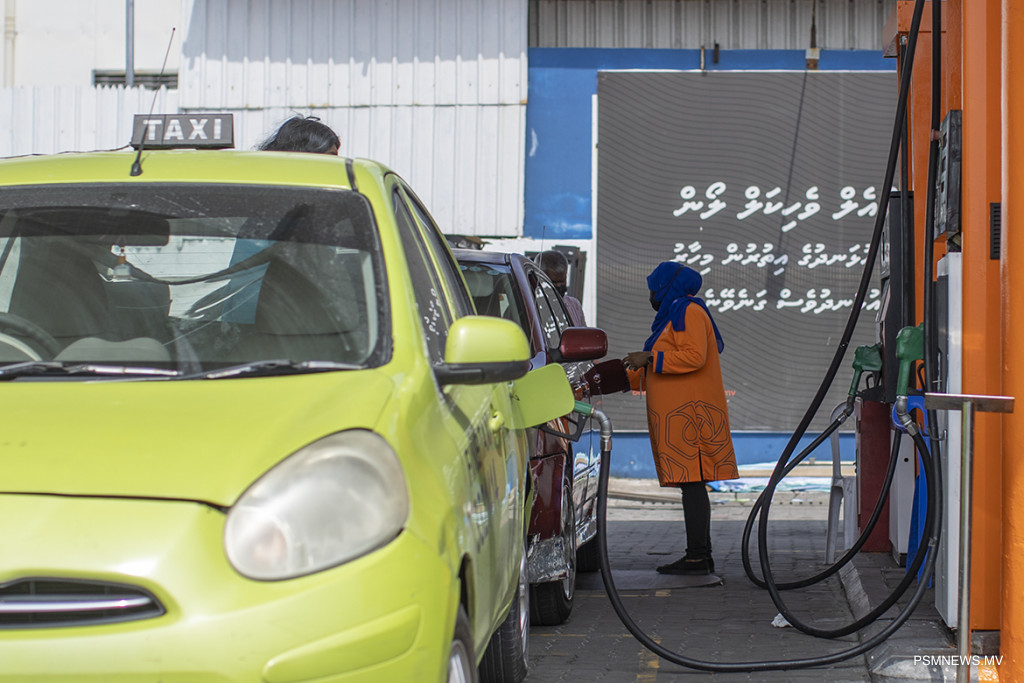Malé, Maldives – The latest International Monetary Fund (IMF) report on the Maldives state that the fiscal and external vulnerabilities continue to increase for the island nation.
IMF released this report on Tuesday following a visit by IMF staff to the country from June 21 to 29, 2022.
The report first acknowledged the economic growth that’s gathering pace in the Maldive due to a strong recovery in the tourism sector. As of end-June, total tourist arrivals in 2022 were only about 6 percent below the corresponding pre-pandemic level. The strong recovery in the tourism sector and associated spillovers to other sectors are expected to yield a solid growth of 8.7 percent in 2022.
Inflation is projected to reach 3.1 percent in 2022, reflecting the partial pass-through from higher global food and energy prices due to increasing price subsidies, and spending pressures for the 2023 elections.
The economic outlook is subject to significant downside risks, including an economic slowdown in key source markets for tourism and tighter global financial conditions.
The fiscal deficit expected to widen and remain in double digits in 2022, on the back of sustained high infrastructure spending and emerging spending pressures from rising subsidies, increased interest costs, and reforms of the wage bill.
External vulnerabilities continue to increase. While public and publicly guaranteed debt has declined from the pandemic peak, aided by economic recovery, Maldives remains at a high risk of debt distress, which requires further adjustment to policies.
Dollar shortages have persisted with significant spreads in the parallel foreign exchange market. International reserves are declining
The declining international reserves are reflected in high food and fuel prices and fiscal spending pressures. Higher external financing costs are limiting options to tap international capital markets in the near term.
IMF proposed swift critical reforms to secure fiscal and debt sustainability including,
- raising domestic revenue
- rationalizing public spending, in particular capital spending, reducing the interest burden by limiting non-concessional borrowing, and
- reforming subsidies while providing targeted assistance to the most vulnerable
IMF welcomed the government’s plans to increase GST and TGST in 2023 and its intention to reform subsidies provided to SOEs.





